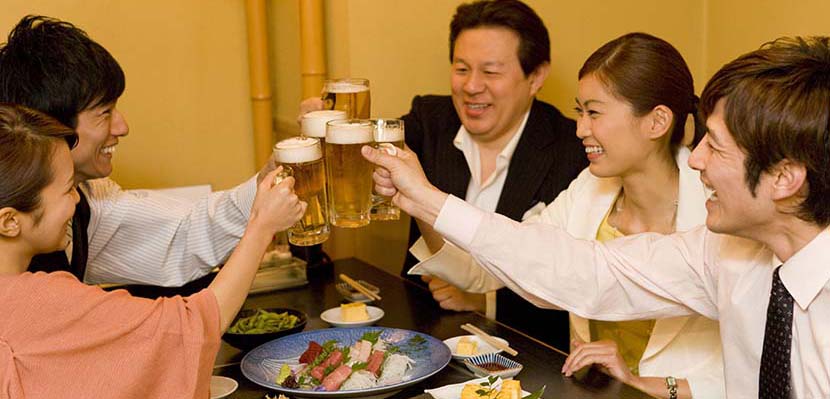
Japan It is my favorite destination, I could say that my place in the world behind my native country. I love Japan so much that I have been on vacation for the last three years. Traveling so often has allowed me to get more in contact with its people, make friends, see difficult places for a tourist or simply relax and enjoy my time there more. And of course, that has also allowed me to know better their customs.
Each culture is a world and the truth is that there are many japanese customs that in the eyes of a Westerner are at least peculiar. Thinking of taking a trip to the land of the rising sun? Do you like manga and anime and have you fallen in love with this country and its people? Then this article is for you:
Japanese customs
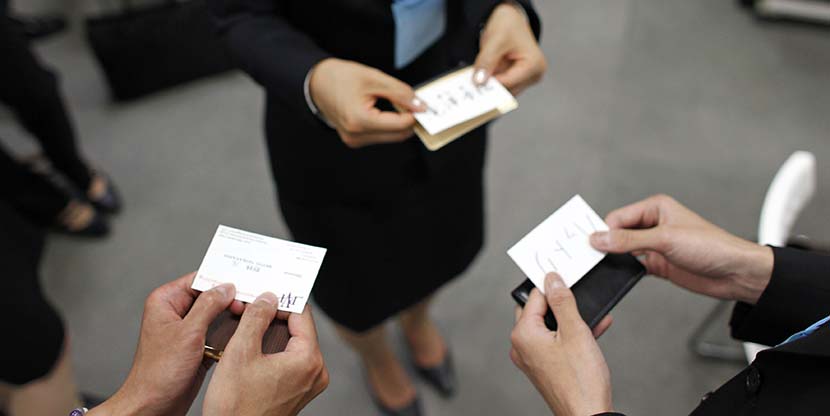
Japanese society is anything but relaxed. While from our part of the world we get to know each other quickly, we are more of physical contact, of falling at a friend's house without much return and that kind of thing, the Japanese are very different and the social hierarchy is not easily forgotten.
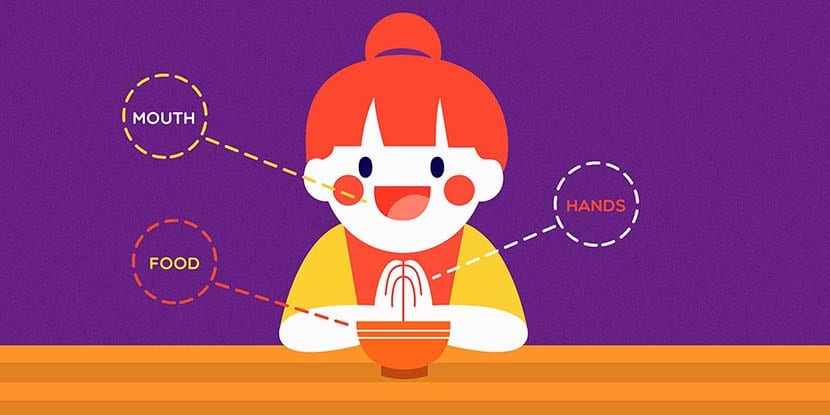
The Japanese language has many extremely polite versions and they, especially verb conjugations, are used when the interlocutor occupies a higher position than ours, is older or is simply not known. As a tourist there is no obligation to know all this but your knowledge, if you stay longer, is appreciated. The label is somewhat stiffer than in the rest of the world:
- personal information cards are always exchanged with both hands.
- drinking rounds are paid for one for each group member who is drinking.
- in general, the highest ranking person in the group sits farthest from the exit and those who follow close to him. If you are new or do not have an important position, you have to sit near the door.
- the other's drink is always served before ours.
- the noodles are slurped without drama. Noise and splashing? You are right.
- It is said that corners at the time of toasting.
- It is said that itadaikimasu with hands together before eating. A kind of "bon appetit."
- It is said that gochiso samadeshita, after eat.

Basically knowing these customs you can go out to drink with Japanese without problem. Of course, you will have to get used to the fact that they drink really a lot, mainly beer, and smoke as much. There is no ban on smoking indoors in a bar or restaurant so at most the premises will have a separate area for smokers. At most, in small bars or izakaya, as they are called, that is impossible, so if you are not a smoker ... well you can put up with it.
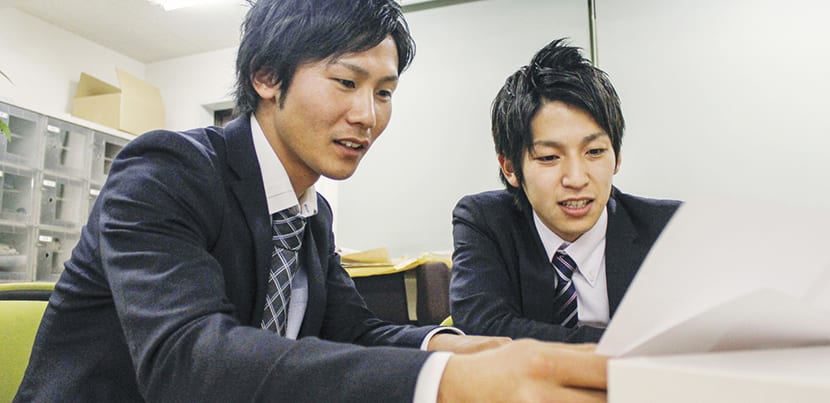
La senpai-kohai relationship It is also a deeply rooted custom here, although it is also seen, for example, in Korea. Is the relationship between an older person and a younger person but the difference does not have to be abysmal, it can only be a couple of years. Being older is something highly valued in Japan because it marks precisely the hierarchy and we already know how much that matters around here.
It is given at school and at work and marks the degree of responsibility that one has or tasks that are done. A senpai is a role model for its kohai and although it has medieval and military origins, it is still something very present in modern Japanese civil society.
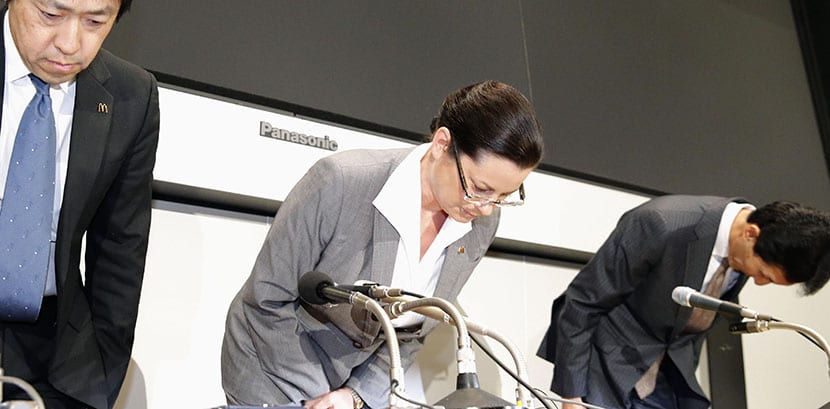
Within this line we could include the habit of apologizing. Here people do not give many explanations but apologize first with a bow whose degree of inclination will mark the intensity of our apology. Is it mild, is it forced, is it felt, is it shameful? The excuses exist and may end up being given, the reasons why you were late for work or did not finish a task, but first what is worth is to apologize.
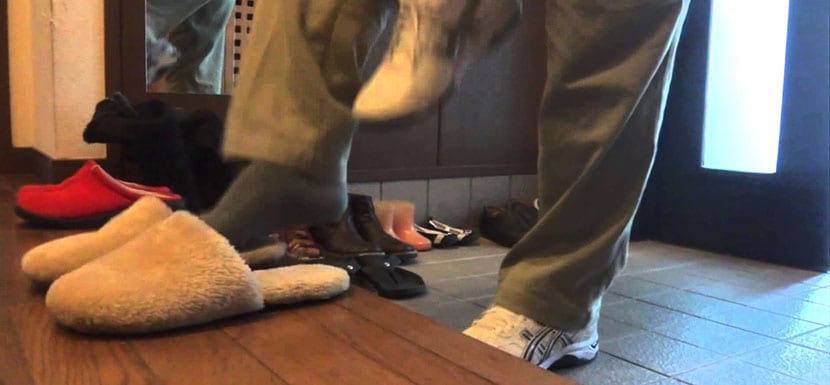
Among the indoor customs the most typical is take off your shoes to avoid dirtying the floor. Always display there are slipperseven for guests. And there are also separate slippers for the bathroom. If you go to a hotel you will always see that the pairs are different. And if you rent an apartment you will see that there are slippers to go out to the balcony, for example.
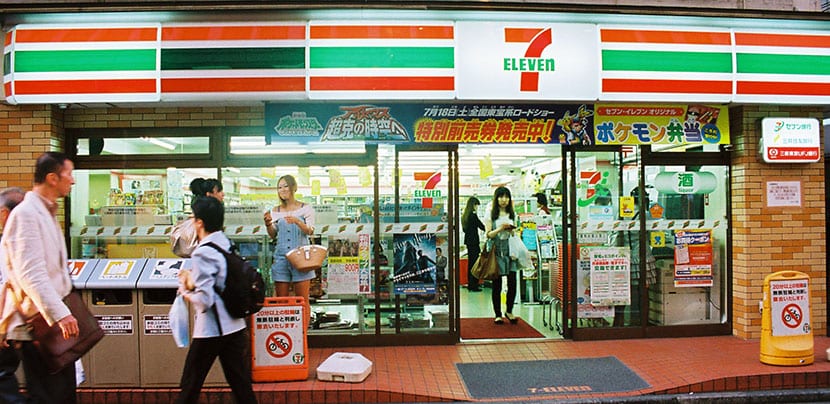
A Japanese custom that I adore is that of shop in a combination or convenience store (Family Mart, Lawson, 7eleven). They are mini-markets scattered throughout the country, everywhere, some open all night, that sell a little of everything: ready-made food, ice cream, magazines, drinks, socks, ties, shirts, scissors, plugs, chargers and an eternal etcetera. They are fantastic. If you buy food in them, for example, after six in the afternoon the prices go down.
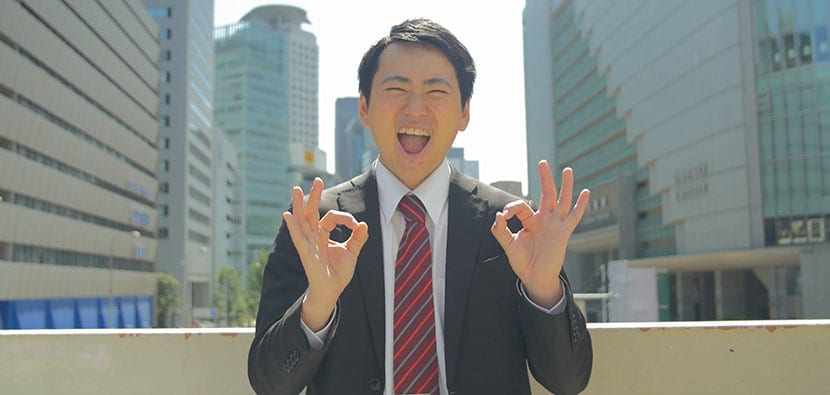
If you are lucky enough to start a conversation with a Japanese, sometimes they are antisocial but in reality it is because many of them do not speak English enough to converse or feel ashamed of their difficulties, you will see them do gestures that you do not know. For example, to deny something, cross your arms, make an X in front of you. And if they give the OK for something instead of our classic and popular thumbs up they join the thumb with the index, in the old way.

You will also see that Japanese have no problem falling asleep everywheres, especially on the train or subway. They fall asleep, bend over, put their head on your shoulder, and life goes on. They are so tired of working and sometimes they live so far from their jobs that they drop out in minutes.

Y what customs of yours should you ignore in Japan? Well, it's interesting ... Blowing your nose in public not well seen. Sometimes it can't be helped but take note that you won't see many people doing it. It is not well seen either eat and walk down the street at the same time. I buy a candy and eat it while I walk, I buy a Coca Cola and I drink it while I wait for the bus, but in Japan these customs are not well seen.
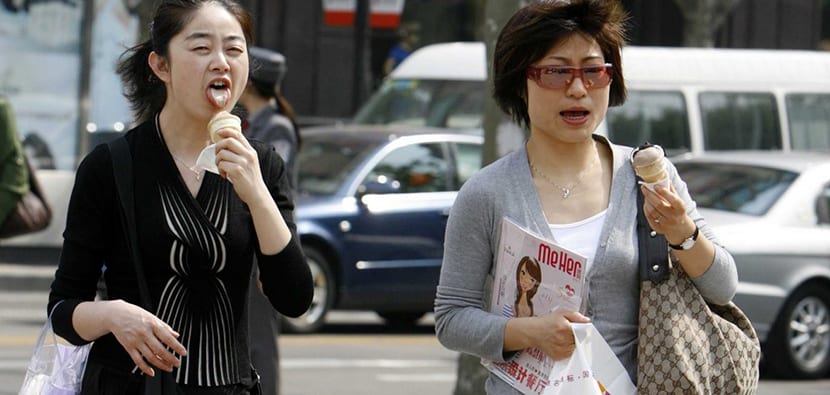
They are considered a bit rough. An ice cream is fine, but not a sandwich. If you buy something in the store then you eat it at home or around the store or in the sector where you see that there are people drinking, eating and smoking. You can't even make it very close to the door! I say this because they have gently taken me out of there more than once ...
And finally, Japan is a country where you don't leave a tip. One less expense for the tourist that is very well received.